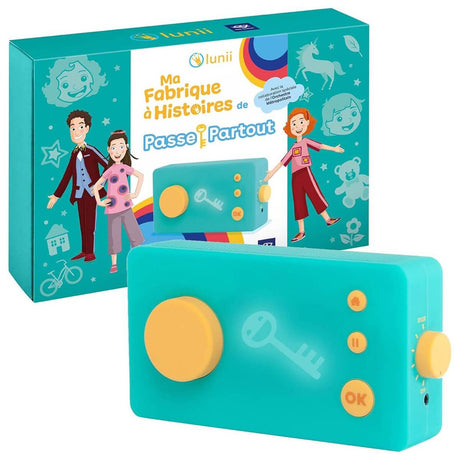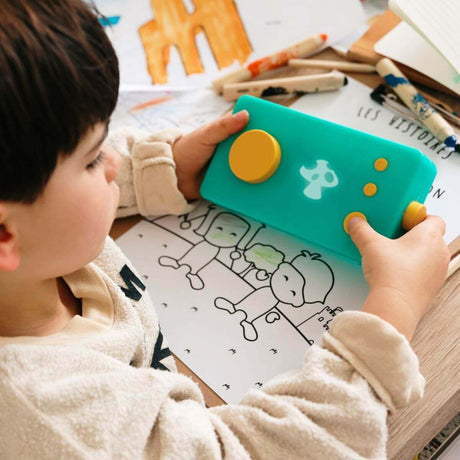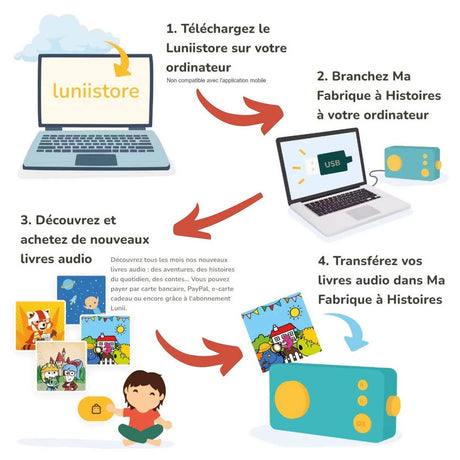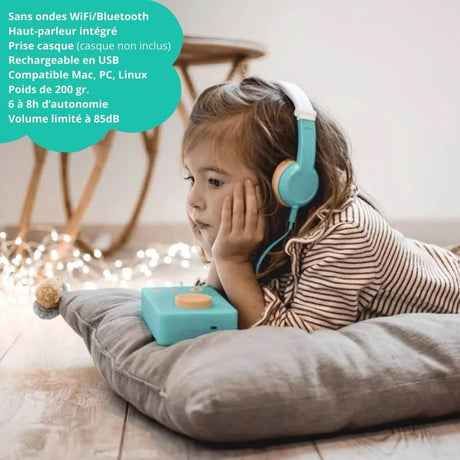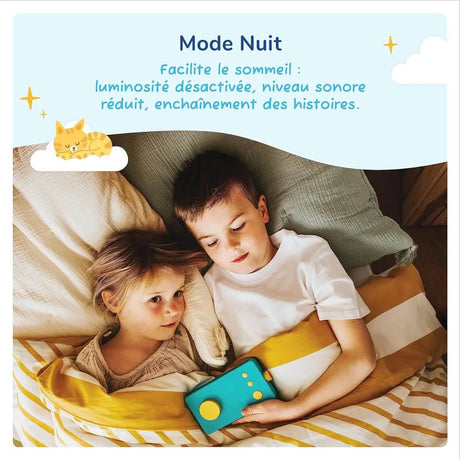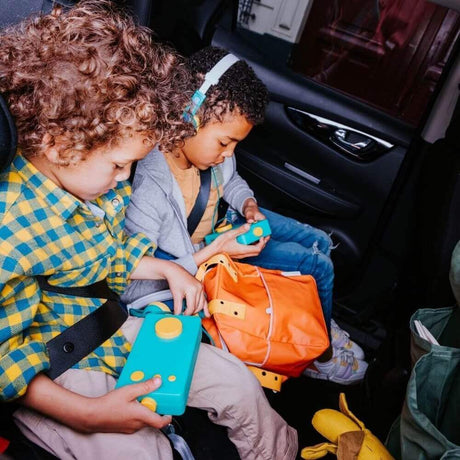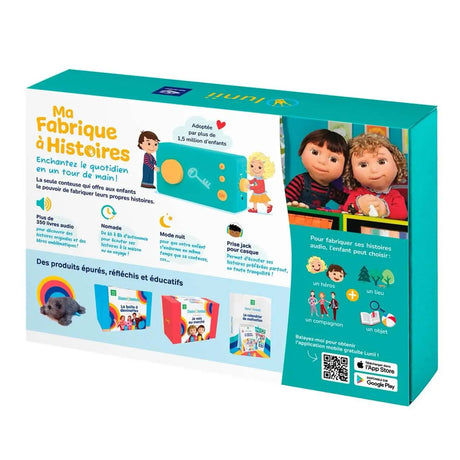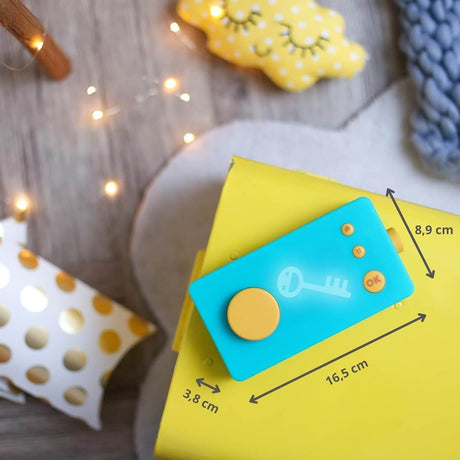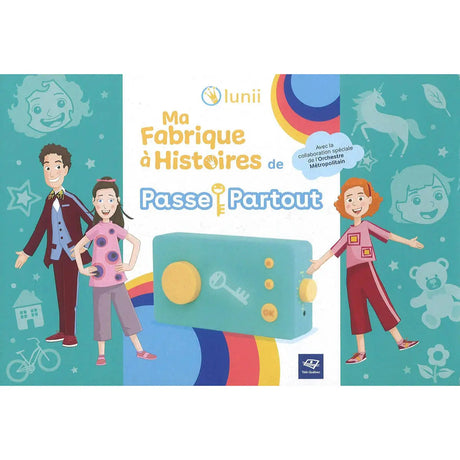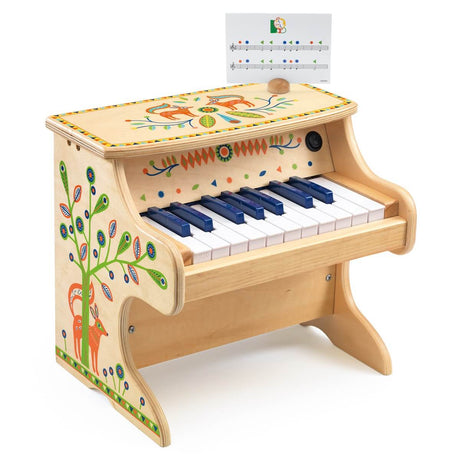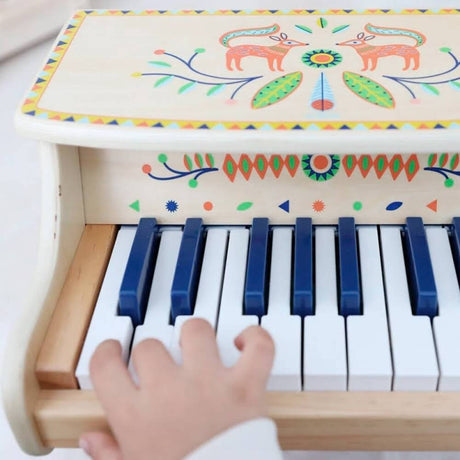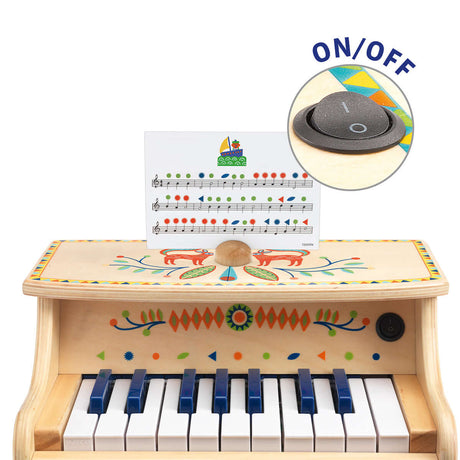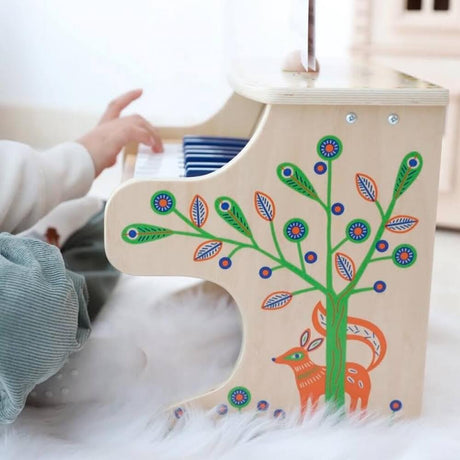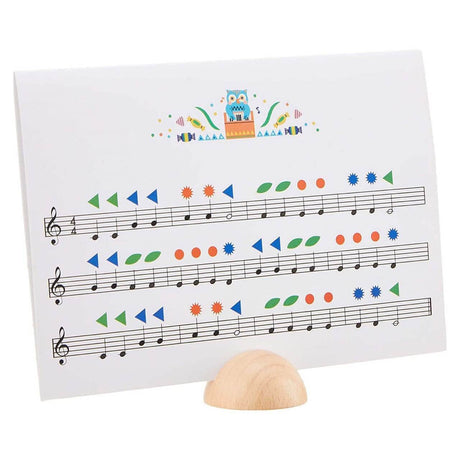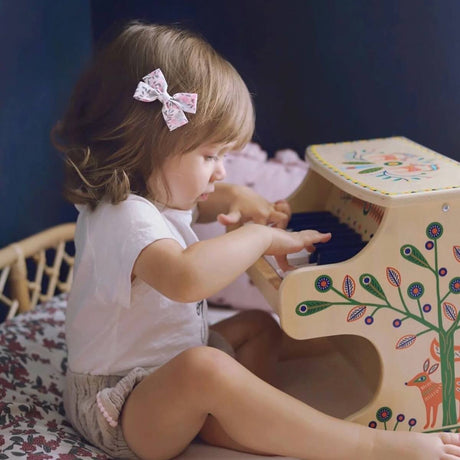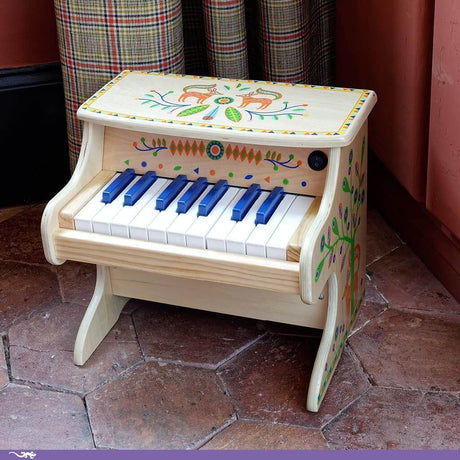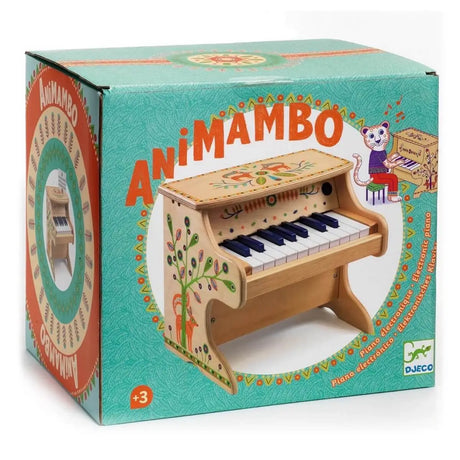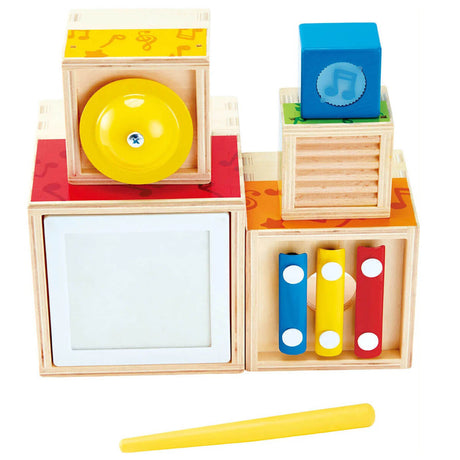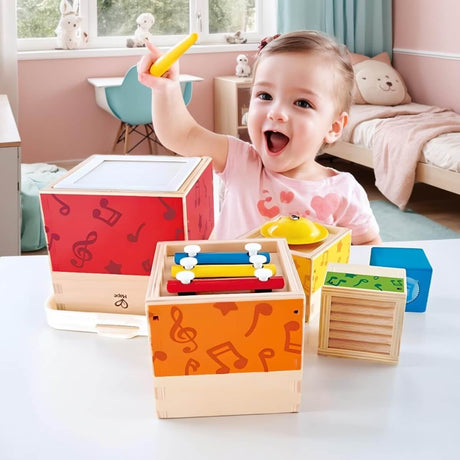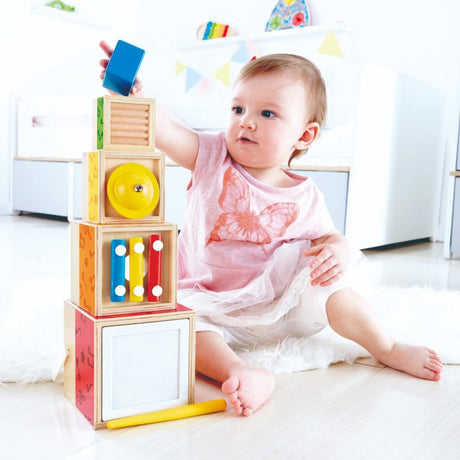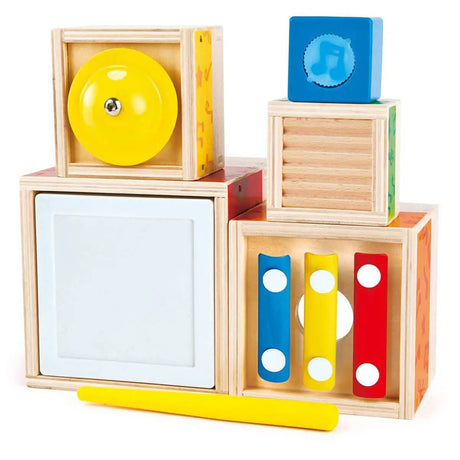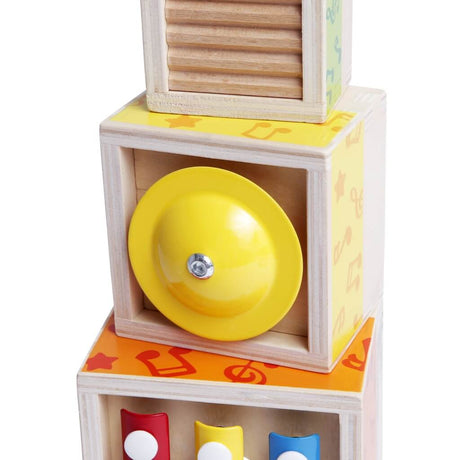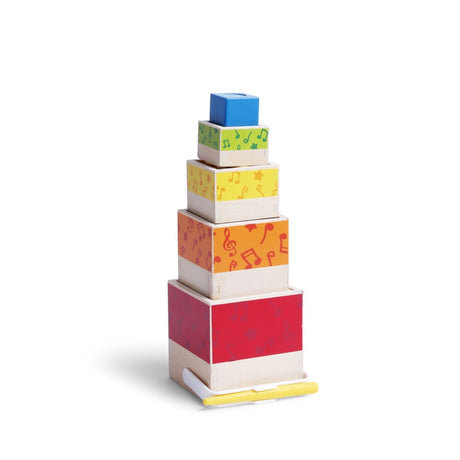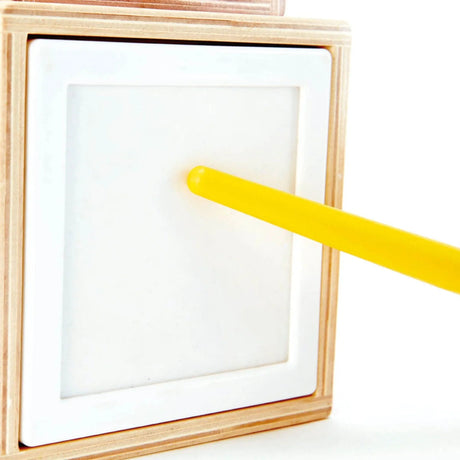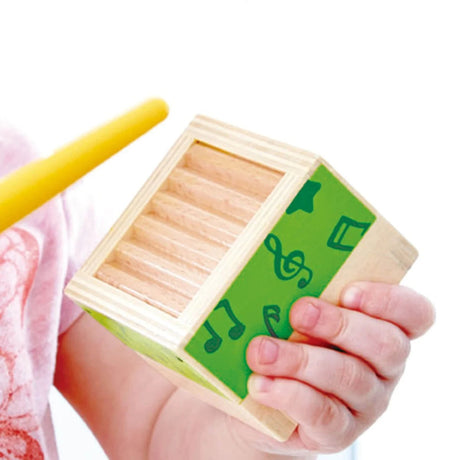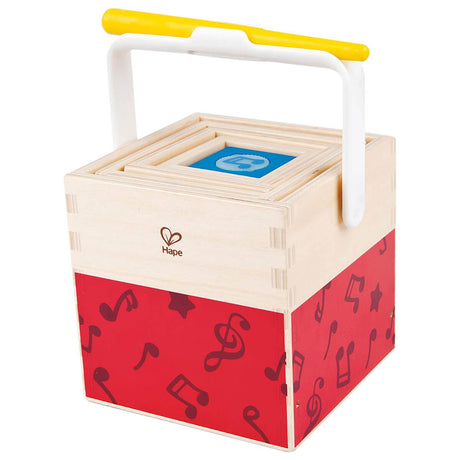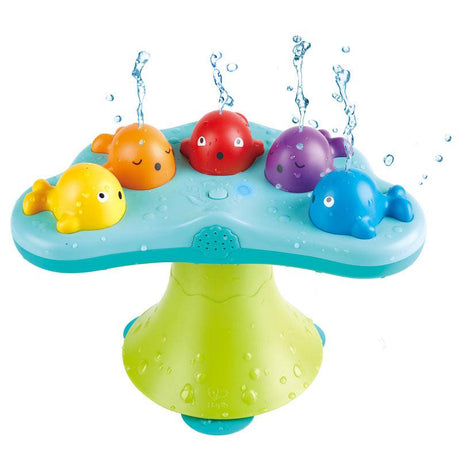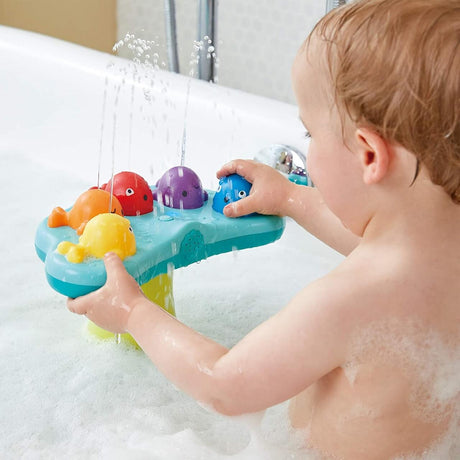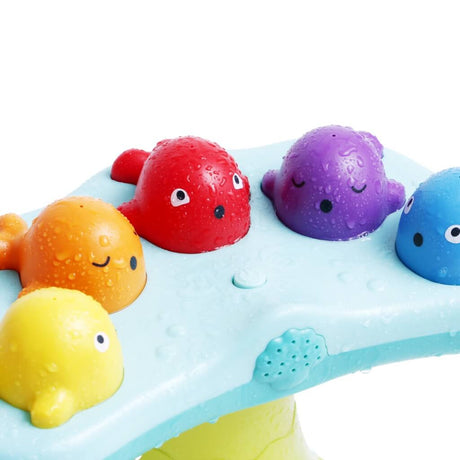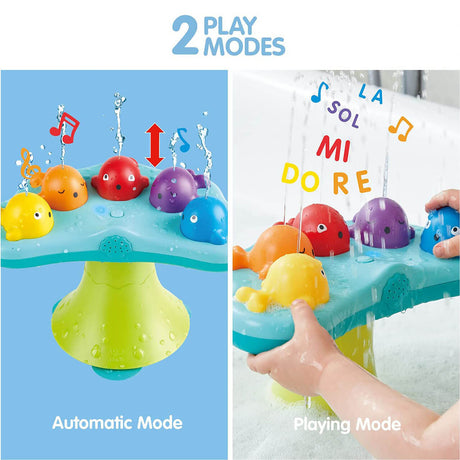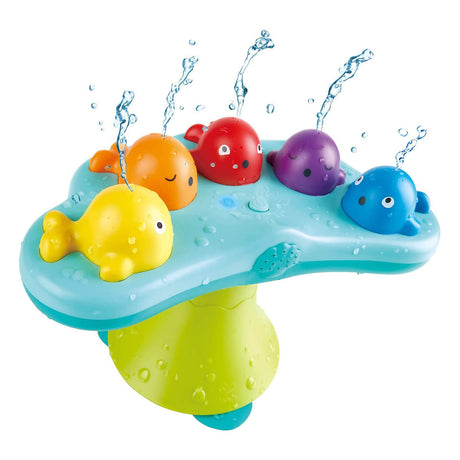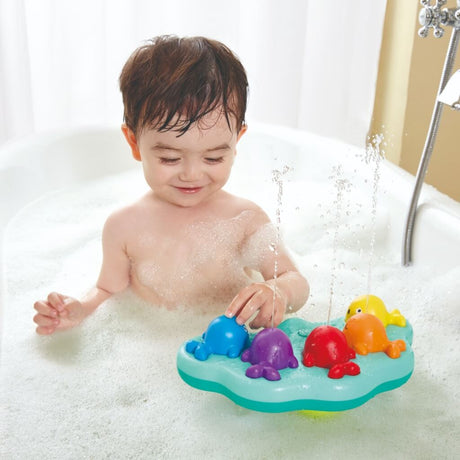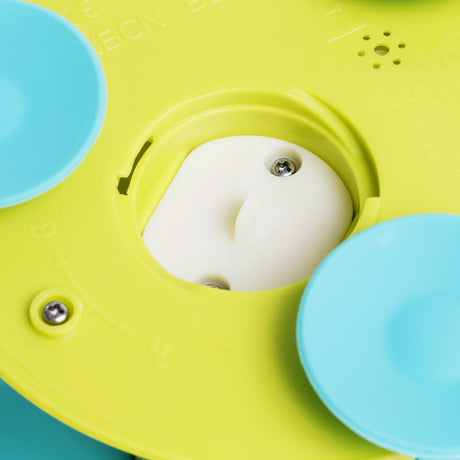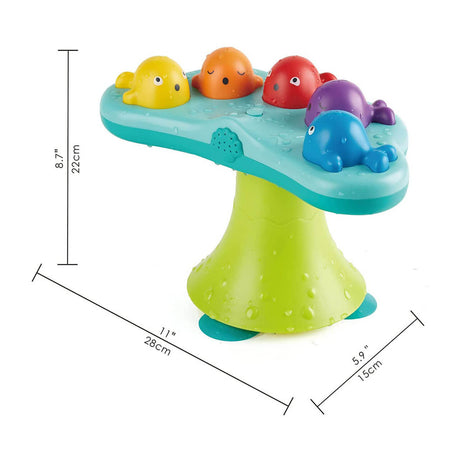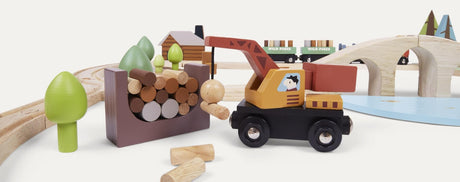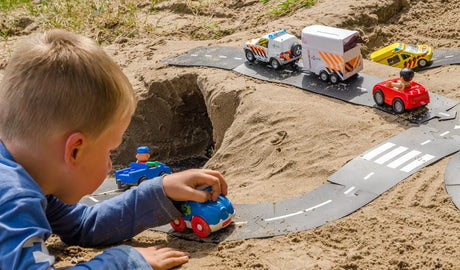Babies and children love music. A baby is not born with developed vision, but he already has developed hearing.
Even in the womb, babies can hear the sounds of their environment, and after birth, it is the sound of the mother's heart and voice that soothes them.
As babies grow and develop, they respond differently to the sounds and music in their environment. This can make a four-month-old baby smile, and after he starts crawling and moving, he takes his first dance steps. From a year old, the baby begins to sing.
Just as music can lift our spirits, motivate us to workout and run faster, or make us cry at a concert, it also affects babies and their emotional development.
How does music affect children's development?
The positive influences of music on babies are incredibly varied and promote children's psychological and physical development.
Music stimulates children's creativity
Preschool education includes a lot of music in many forms. As you know, daycare educators sing and dance a lot with the children. Research has shown that children who were exposed to music during this time became freer and more creative than those who were not exposed to music.
Music promotes better memory in children
Small babies, even those as young as three months old, remember music more easily. Scientists believe that music gives meaning to the learning process and helps us remember it.
Music helps speech development
There is a strong connection between music and the development of language skills. Recognizing different tones is like recognizing different voices, and the more sounds babies and children hear, the more this center of the brain develops.
Music promotes the development of emotional intelligence
Music affects the development of feelings. Through music, babies can feel happy or sad or simply fall asleep.
How to integrate music into your baby's life?
If music is not already a part of your life, try to “force” yourself to integrate it into your new family life with the baby. As the child grows, music will become a normal part of their day.
Music before bed
The bedtime ritual is a crucial part of children's sleep. Incorporate music into this routine. Singing lullabies is a method of helping you fall asleep that dates back hundreds of years. However, in addition to singing lullabies, you can insert music to fall asleep.
The only thing you need to be careful of is that the music you play ends before baby falls asleep. Namely, a baby or child who gets used to falling asleep to the sound of a melody can expect it when he wakes up in the middle of the night.
Let your baby explore sounds
Obviously, the baby can't really play music, but he can tap on instruments. This is why keyboards, drums and xylophones are ideal instruments for babies and young children.
Unless your child is a musical genius or grows up in a musical family, he or she is unlikely to play before the age of five. Most children are ready to learn to play between the ages of five and seven.

A little conclusion about music and children
Music is part of our world and if you offer children the opportunity to listen to music from an early age, you can only positively influence their development.
And there are no bad choices of music. What you like, your child will love. Observe what the child reacts to, for better or worse, and continue in that direction!












